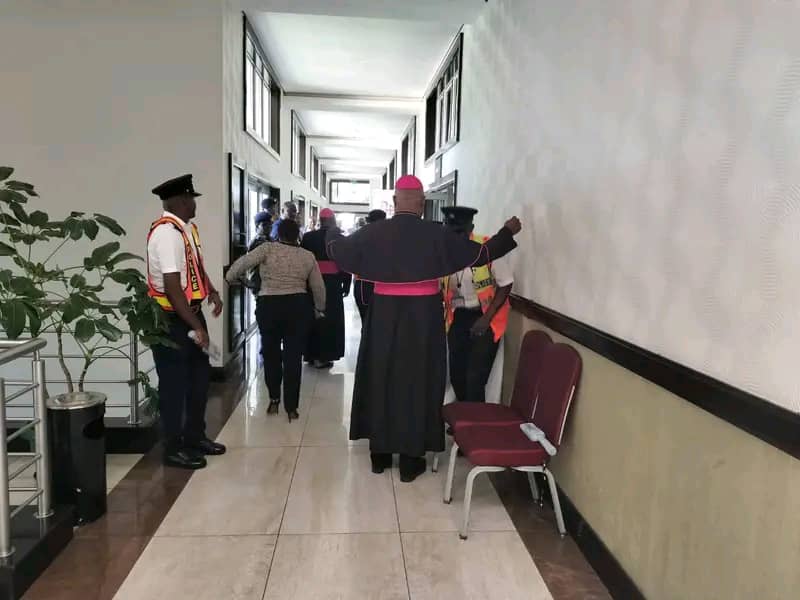As the Chakwera administration navigates its term in office, Malawians from various districts share their experiences, concerns, and hopes for the future. From the rural areas of Nsanje to Chitipa, the voices of ordinary citizens, human rights advocates, commentators, and government officials paint a complex picture of the administration’s performance.
Esther Nagomba, a 75-year-old farmer from Mwabulambo, Karonga district, recounts her experience with the Eland coal mining company.
“They destroyed everything,” she says, describing how the company’s arrival in 2008 disrupted her life and livelihood.
The company’s operations contaminated the community’s water sources, destroyed their farms, and left behind hazardous open pits.
In various districts, Malawians speak of economic hardship and hunger.
“We are going to bed with empty stomachs, eating wild beans and boilled mangoes,” says a Chikumbutso Njonda from Blantyre.
The Chakwera administration’s efforts to address economic challenges and ensure food security have been met with skepticism by some.
Human rights advocate, Silvester Namiwa expresses concerns about the administration’s record on human rights.
“The government needs to do more to protect the rights of marginalized communities, including those affected by mining operations,” says Namiwa.
Good governance expert, Undule Mwakasungulu said: “while the administration has made some progress in areas such as infrastructure development, it has struggled to address the economic challenges facing the country.
“The economic situation is dire. People are struggling to make ends meet. The government needs to do more to address poverty and inequality.
“The administration has made some progress in areas such as infrastructure development, but it needs to do more to address the concerns of marginalized communities.”
In his remarks, Government Spokesperson, Moses Kunkuyu acknowledges the challenges faced by the administration but emphasize its commitment to addressing the concerns of Malawians.
“We are working to improve the economy, ensure food security, and protect the rights of all citizens,” says Kunkuyu.
Chakwera administration’s performance has been marked by both progress and challenges.
As Malawians continue to share their experiences and concerns, it is clear that the administration faces significant hurdles in addressing the country’s economic, social, and environmental challenges. Ultimately, the success of the administration will depend on its ability to listen to the voices of Malawians and respond to their concerns.
The administration should establish open and transparent communication channels with Malawians, ensuring that their concerns are heard and addressed.
The administration should prioritize economic empowerment programs, focusing on poverty reduction, job creation, and infrastructure development.
The administration should strengthen its commitment to human rights, ensuring that the rights of marginalized communities are protected and promoted.
The administration should prioritize environmental sustainability, ensuring that economic development is balanced with environmental protection and conservation.




